
7 silent signs of high blood sugar most people miss
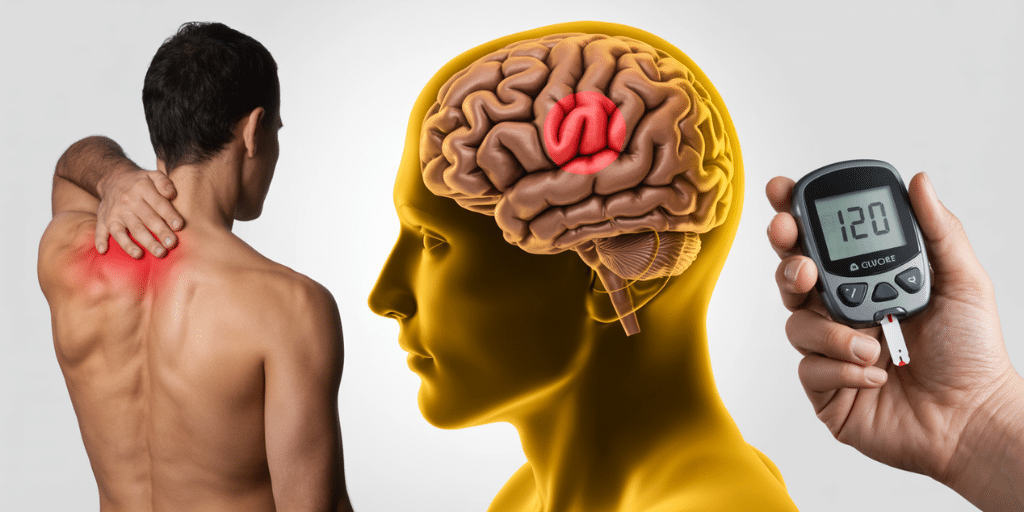
Are you constantly feeling thirsty, unusually tired, or snapping at people without reason? You might brush it off as stress or poor sleep, but these seemingly minor symptoms could be your body’s way of whispering that something much more serious is going on—specifically with your blood sugar. These aren’t just random occurrences; they are early warning signs of high or unstable blood sugar levels.
Recognizing the signs early can empower you to take control—before prediabetes or type 2 diabetes silently damages your body. Blood sugar problems don’t scream; they whisper—until it’s too late.
A Shocking Truth: Over Half of Older Adults Have Blood Sugar Problems—And Many Don’t Know It
It might surprise you to learn that over 50% of adults over 45 have prediabetes, diabetes, or altered blood sugar levels, and many are completely unaware of it. While they continue with their day-to-day routines, silent damage is being done—to their eyes, kidneys, brain, heart, and arteries. Often, the first clue is not a mild symptom but a heart attack, stroke, or irreversible vision loss.
The sooner you take action, the more power you have to change the course of your health. This article breaks down key warning signs, how to interpret your lab reports, and what you can do today to naturally regain control over your blood sugar.
Key Takeaways (What You Must Know First)
-
Classic Symptoms: Excessive thirst and frequent urination are early and obvious signs of high blood sugar.
-
Sneaky Symptoms: Mood swings, relentless hunger, and crushing fatigue often go unnoticed but are rooted in blood sugar instability.
-
Understand Your Lab Work: Learn how to read your glucose and HbA1c results with confidence.
-
Inflammation Drives Disease: Visceral fat and inflammation fuel insulin resistance—the engine of type 2 diabetes.
-
You Can Take Control: Simple, strategic lifestyle changes can stabilize or even reverse early blood sugar problems.
1. Constant Thirst (Polydipsia): Your Body Is Crying Out for Help
If you’re always thirsty and your mouth feels dry even after drinking water, you might be dealing with polydipsia, a telltale sign of elevated blood sugar. Here's the science: sugar draws water. When excess glucose spills into your urine, it pulls water out of your body with it—leading to dehydration.
Your kidneys try to filter out the sugar, but once blood sugar exceeds roughly 180–200 mg/dL, they can’t keep up. Glucose spills into your urine, taking precious fluids with it. This thickens your blood and triggers an intense thirst signal from your brain.
Pro Tip: If you’re drinking more than 3 liters of water a day and still feel thirsty, ask your doctor for a fasting glucose and A1c test.
2. Frequent Urination (Polyuria): You’re Losing More Than Just Water
Frequent bathroom trips, especially during the night, are not just annoying—they’re a strong red flag. This symptom, polyuria, is the result of your kidneys working overtime to flush out excess sugar. It becomes a vicious cycle: you drink more, you pee more, and your body gets more dehydrated.
Over time, this can lead to electrolyte imbalances, muscle cramping, sleep disruptions, and further fatigue. Many patients only realize something is wrong when they start setting alarm clocks to wake up for bathroom visits—or wet the bed as adults.
3. Mood Swings and Anxiety: Blood Sugar Affects Your Brain Chemistry
Do you feel like you’re on an emotional rollercoaster? One moment calm, the next irrationally angry or anxious? Don’t just blame stress. Blood sugar fluctuations deeply affect your brain’s neurotransmitters. When glucose spikes and crashes, it can mimic symptoms of depression, anxiety, and even panic attacks.
What’s Happening?
Your brain needs a steady stream of glucose to function properly. Erratic spikes and dips trigger inflammation in the brain and impair serotonin and dopamine regulation—two neurotransmitters that stabilize mood.
Real Talk: Many people are misdiagnosed with depression or anxiety disorders when, in fact, their blood sugar instability is the root cause.
4. Hunger That Won’t Go Away (Polyphagia): The Leptin Resistance Loop

Eating a full meal yet feeling ravenous an hour later? This could be polyphagia, another classic symptom of high blood sugar and insulin resistance. When your cells stop responding to insulin, the sugar stays in your blood—not in your cells—so your body thinks you’re starving, even if you just ate.
This problem is worsened by leptin resistance. Leptin is the hormone that tells your brain you’re full. But when you have chronic inflammation (especially from visceral fat), leptin signals are ignored.
Bonus Insight: Constant hunger often leads to sugar cravings, which spike your blood sugar again, then crash it—fueling another cycle of hunger, irritability, and fatigue.
5. Exhaustion All Day Long: Your Cells Are Starving for Fuel
If you're dragging yourself through the day despite sleeping well, it's not just "getting older"—it's likely chronic fatigue from insulin resistance. Your body has fuel (glucose), but your cells can’t use it effectively. So you feel tired, foggy, and unmotivated.
You may feel as if you’ve “hit a wall” by 2 p.m. every day, needing coffee or sugar just to stay upright. But those “energy boosts” worsen the crash later.
Did You Know?
Many people with prediabetes report brain fog, poor focus, and even short-term memory problems—all linked to poor glucose metabolism.
6. Understanding Your Blood Work: What the Numbers Actually Mean
Ignoring lab results is a dangerous gamble. Here’s how to interpret two critical blood sugar markers:
-
Fasting Glucose (Normal: <100 mg/dL):
-
100–125 mg/dL = Prediabetes
-
≥126 mg/dL (on two tests) = Diabetes
-
-
Hemoglobin A1c (HbA1c):
-
Below 5.7% = Normal
-
5.7% to 6.4% = Prediabetes
-
6.5% or higher = Diabetes
-
The A1c test shows your average blood sugar over the past 2–3 months. It’s a powerful tool because it can’t be faked—unlike fasting glucose, which fluctuates depending on your recent meals.
Watch Out: A "normal" fasting glucose with an elevated A1c means you're on the path to diabetes—just silently.
7. Belly Fat and Inflammation: The Silent Engine of Disease
Think you’re safe because you’re not obese? Think again. Visceral fat—the fat that wraps around your internal organs—is far more dangerous than the fat under your skin. Even thin people can have it.
This hidden fat produces inflammatory chemicals that:
-
Interfere with insulin signaling
-
Worsen leptin resistance
-
Increase cortisol, your stress hormone
-
Promote chronic disease
Fact: Visceral fat is directly linked to heart disease, insulin resistance, fatty liver disease, and even some cancers.
Take Action: 3 Pillars to Reverse Prediabetes and Control Diabetes Naturally
1. Prioritize Your Health—No Excuses
Your projects and responsibilities matter. But without your health, none of it will get done. A stroke, heart attack, or kidney failure can stop your life cold. Schedule health into your day like you would a business meeting.
2. Move More—Every Single Day
Exercise is medicine. It makes your muscle cells more sensitive to insulin and reduces inflammation.
Start here:
-
Walk 30–40 minutes daily
-
Use resistance bands at home
-
Swim, bike, or dance
-
Stand and stretch every hour at work
No matter your limitations, there is an activity you can do.
3. Swap Inflammatory Foods for Healing Ones
Your plate is your most powerful weapon against blood sugar issues.
Cut out:
-
Sugary drinks, cereal bars, processed snacks
-
Refined seed oils (canola, soybean, corn)
Add in:
-
Water with lemon or cinnamon
-
Apple cider vinegar before meals
-
Omega-3 rich fish (like salmon or sardines)
-
Colorful vegetables and high-fiber foods
-
Healthy fats (olive oil, avocados, nuts)
A Word on Medication: Is Metformin Bad?
Metformin often gets a bad rap, but when used correctly, it’s a valuable tool, especially for prediabetes. It helps reduce liver glucose production and improves insulin sensitivity.
But here's the key: medication is not a replacement for lifestyle.
Taking metformin while eating junk and never moving won’t help. You must combine both for real progress.
Final Thoughts: Your Body Is Talking—Are You Listening?
High blood sugar doesn’t happen overnight. Your body whispers, warns, and then it screams. But you have time—if you act now. Learn your numbers. Watch for the signs. Prioritize movement, real food, and rest. The good news? It’s never too late to regain control.
News in the same category


Stomach Pain and Nausea: Causes, Symptoms, and Treatments
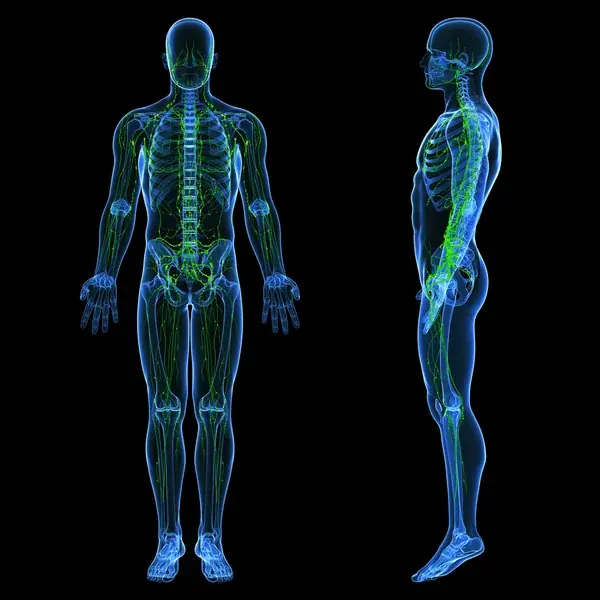
Three-Day Lymphatic Cleanse to Keep You Healthy All Year Long

Three-Day Lymphatic Cleanse to Keep You Healthy All Year Long
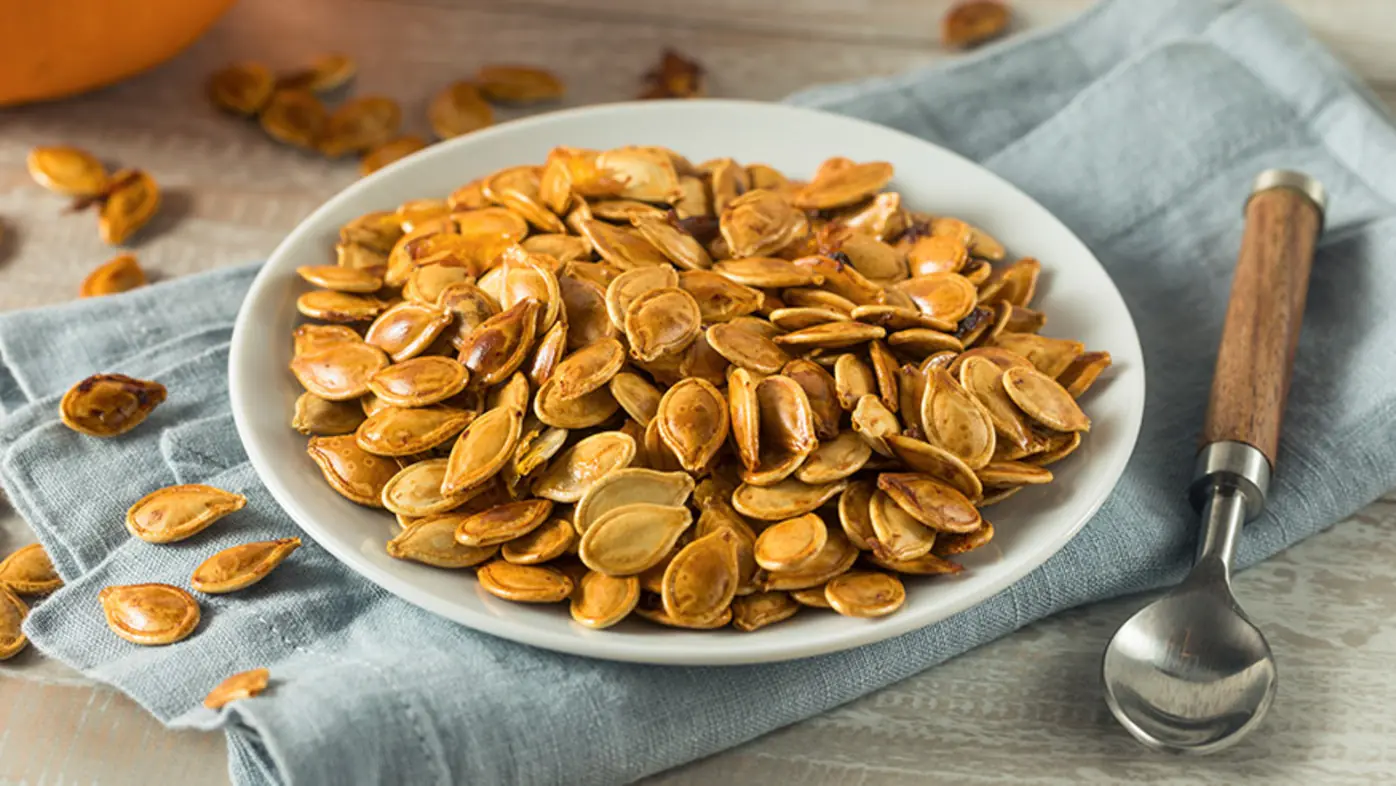
Scientifically Proven Benefits of Pumpkin Seeds (Pepitas) and Pumpkin Seed Oil

What Happens When You Eat 3 Whole Eggs Every Day…You’ll Be Surprised What It Does To Your Body!

More people are dying from heart failure, doctors warn: give up these 4 habits now
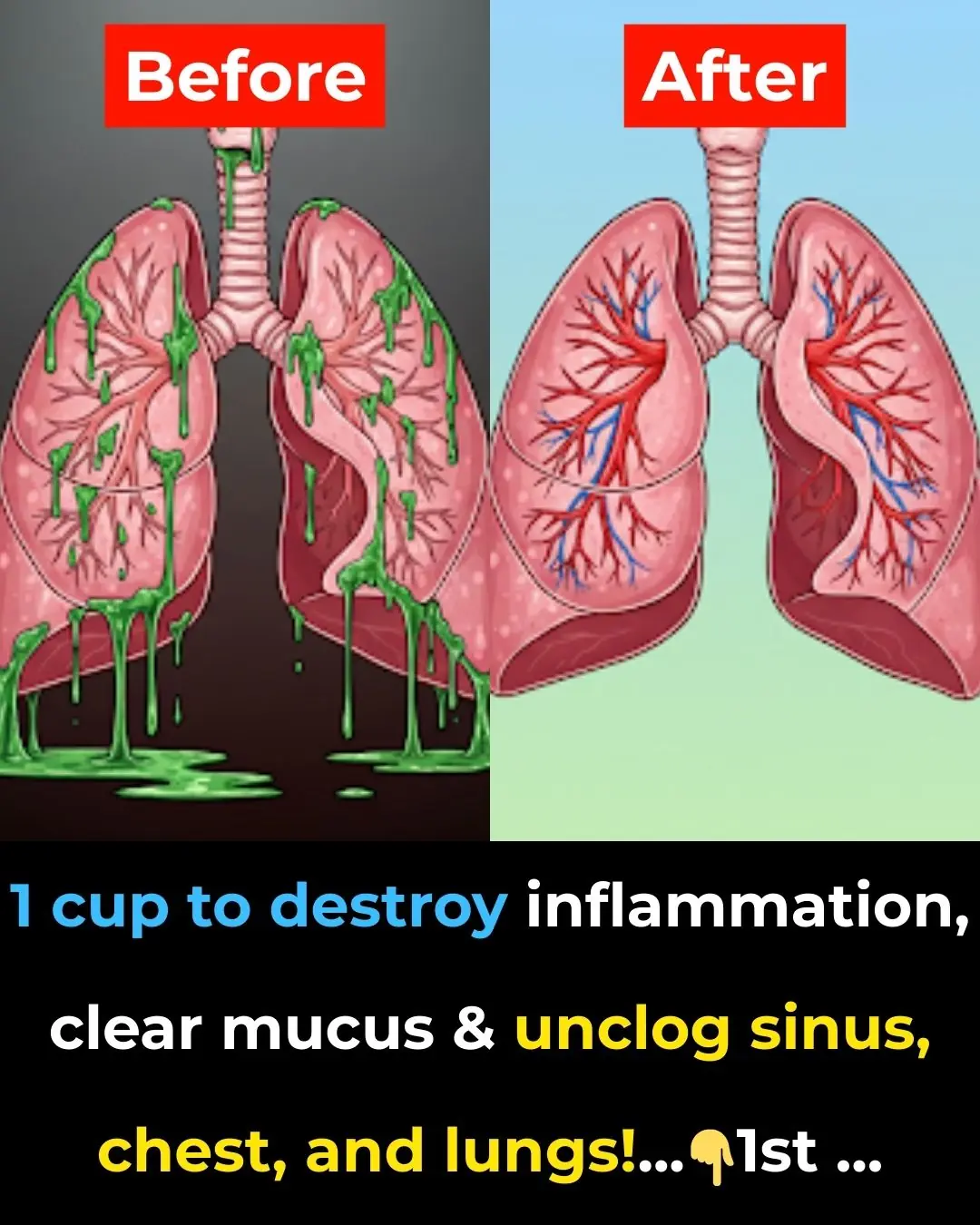
1 cup to destroy inflammation, clear mucus & unclog sinus, chest, and lungs!

Every Time You Hold Back Your Anger, Your Brain Rewires Itself to Be Calmer And More Loving

How to Prevent and Treat Toenail and Foot Fungus

Can Cold Water Hurt Your Stomach?

How to Get Rid of Dead Dry Skin on Feet

Why You Should Start Using Coconut Oil as a Toothpaste
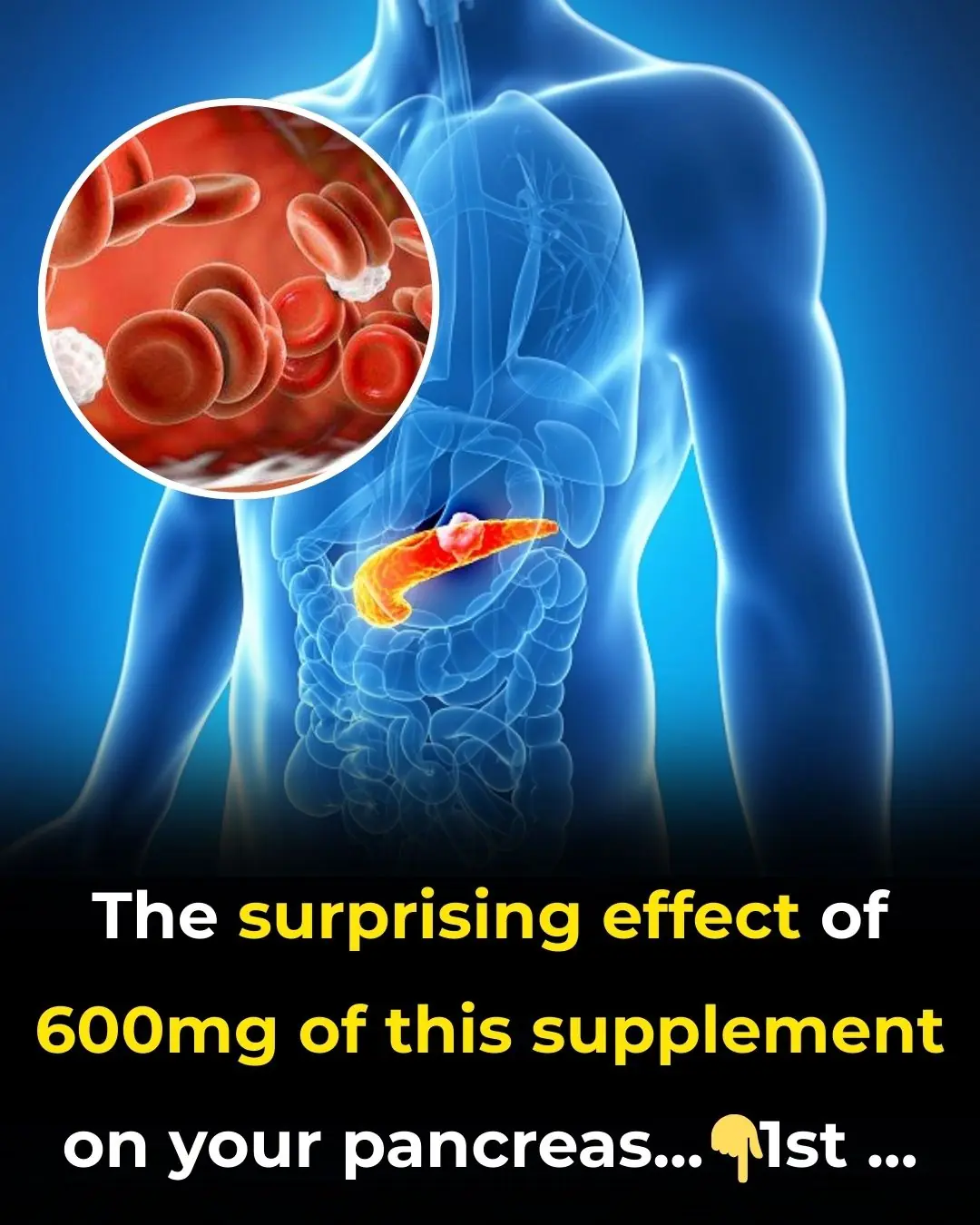
How 600mg of this supplement could transform your pancreas and insulin sensitivity!

7 Drinks That Improve Blood Flow and Prevent Varicose Veins (Backed By Science)

This Ancient Detox Juice Fights Cancer And Helps Regenerate New Healthy Cells
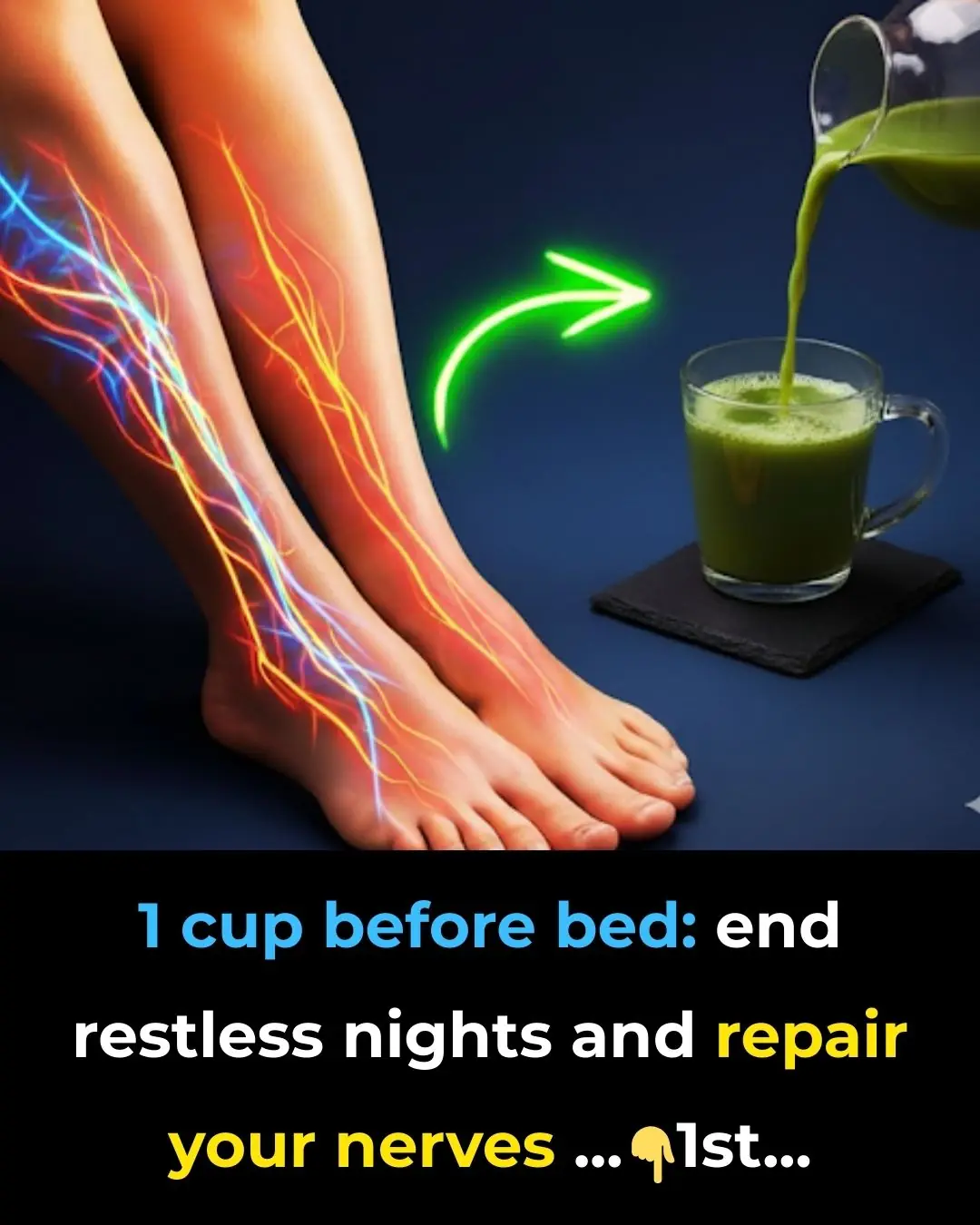
1 cup before bed: end restless nights and repair your nerves

Dogs Able to Sniff Out Parkinson’s Before Symptoms Appear

Plant-Heavy Diets’ Link to Reduced Cancer Risk Strengthened
News Post

The Best Home Remedies for a Sinus Infection

Stomach Pain and Nausea: Causes, Symptoms, and Treatments

Three-Day Lymphatic Cleanse to Keep You Healthy All Year Long

Three-Day Lymphatic Cleanse to Keep You Healthy All Year Long

Scientifically Proven Benefits of Pumpkin Seeds (Pepitas) and Pumpkin Seed Oil

Top 8 Most Power-Hungry Devices, Using Twice as Much Electricity as Air Conditioners: Remember to Unplug After Use or Your Bills Will Skyrocket

Mosquitoes Fear This Simple Bowl of Water — Place It in Your Home, and Even the Most Persistent Mosquitoes Will Leave, Letting You Sleep Peacefully

Super Simple Toilet Cleaning Tip Using Just a Toilet Paper Roll Core and Vinegar

Do You Think Like an FBI Agent

The Mystery of the Milk Bottle Dent

What Happens When You Eat 3 Whole Eggs Every Day…You’ll Be Surprised What It Does To Your Body!

What Your Favourite Chocolate Says About You

More people are dying from heart failure, doctors warn: give up these 4 habits now

Think Bottled Water Is Safer Think Again

Saw This Trick For Oven Cleaning

1 cup to destroy inflammation, clear mucus & unclog sinus, chest, and lungs!

Every Time You Hold Back Your Anger, Your Brain Rewires Itself to Be Calmer And More Loving

Your Washing Machine Has a Special Setting That Dries Clothes Faster – Most People Don’t Know About It
